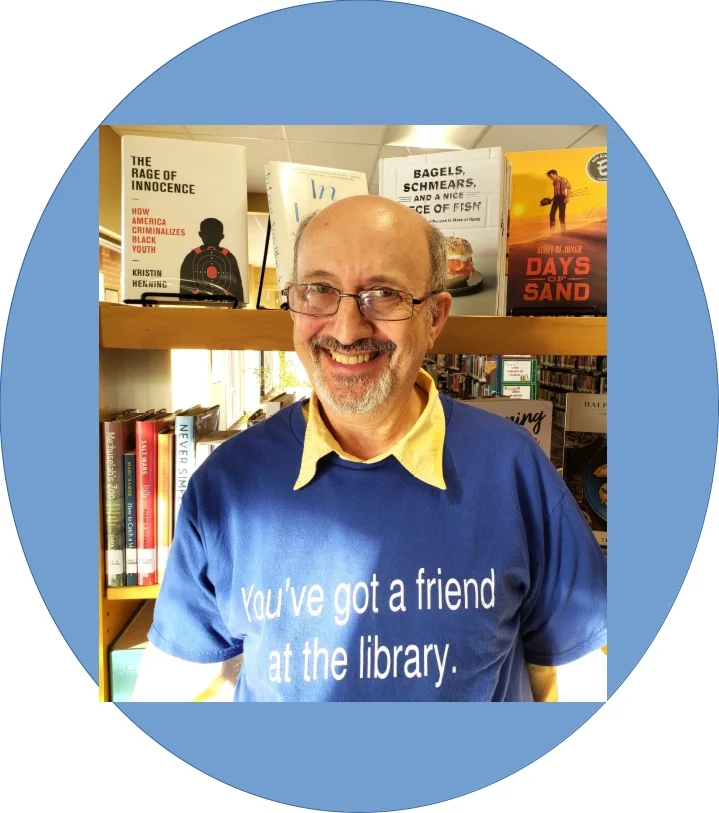
Phil Shapiro has been an educator, teaching students from pre-school to graduate school for the past 35 years. He currently works at a public library in the Washington, DC area, helping youth and adults use their public Linux stations. Between 2007 and 2012, he blogged for PC World magazine on various technology topics and currently writes for Ars Technica, MAKE magazine, FOSS Force, TechSoup for Libraries, Computers in Libraries, Information Today magazine, and Opensource.com. Visit him at his antique ebook store.
Library Journal Movers & Shakers Award, 2024
And see his library dance videos on YouTube.
WashPost - The Man Who Gives Computers to Kids (May, 2000)
PCWorld - Does Free Software Restore Dignity?
PCWorld (original article)
I like to teach. David tenor guitar
The Day My Mind Became Open Sourced
Professional associations and organizations I support:
Internet Press Guild
Women in Film & Video
Washington Apple Pi
Northern Virginia Linux Users Group
Virginia Macintosh Users Group
Omaha Linux Users Group
Columbia Area Linux Users Group
Let's Play America
HacDC
East Harlem Tutorial Program
Higher Achievement
Small Things Matter
Carpe Diem Arts
Vietnamese American Services
-----
Journalism I support
MAKE magazine
NPR
Hackaday
CoolTools
FOSS Force
--------------
"All of the flowers of tomorrow are in the seeds of today." - Chinese proverb
"The universe is full of magical things patiently waiting for our wits to grow sharper." - Eden Phillpotts

Authored Comments
Thanks for your ideas, Don. Manufacturers would have no choice but to respond to an organized group of consumers. Computer manufacturing is very competitive and you can't stay in business if you ignore the wishes of an organized, large group of consumers. When I wrote the above blog post, I was also thinking empathetically towards the point of view of computer manufacturers. An organized group of consumers can reduce their sales risks, assuring them of sales of a given quantity of sales of particular product. Also, by selling a slight variant of a particular Chromebook (without the screen, battery and speakers), we are giving manufacturers the option to earn more money from a product design with very little additional cost to them. All we ask in return is some input on design choices. For example, I'd love to see a "desktop Chromebook" with a VGA as well as HDMI port. Chromeboxes just haven't dropped to the right price yet.
Yes, you can design your own Tux Racer course, too, and let other people play your course design.